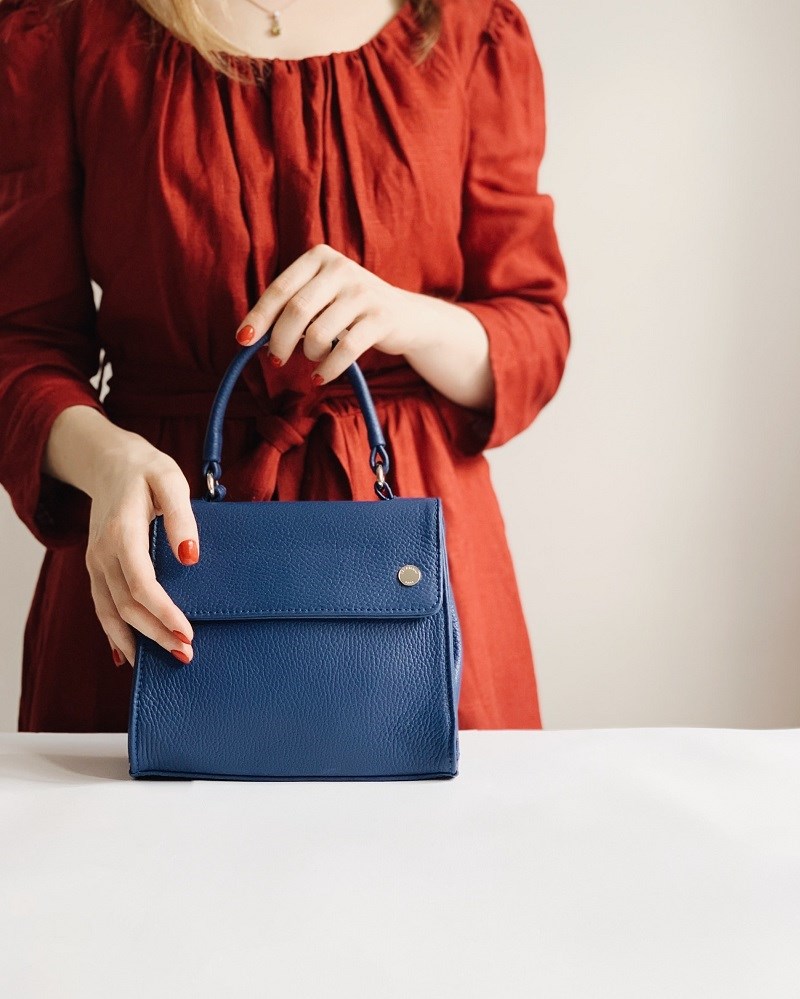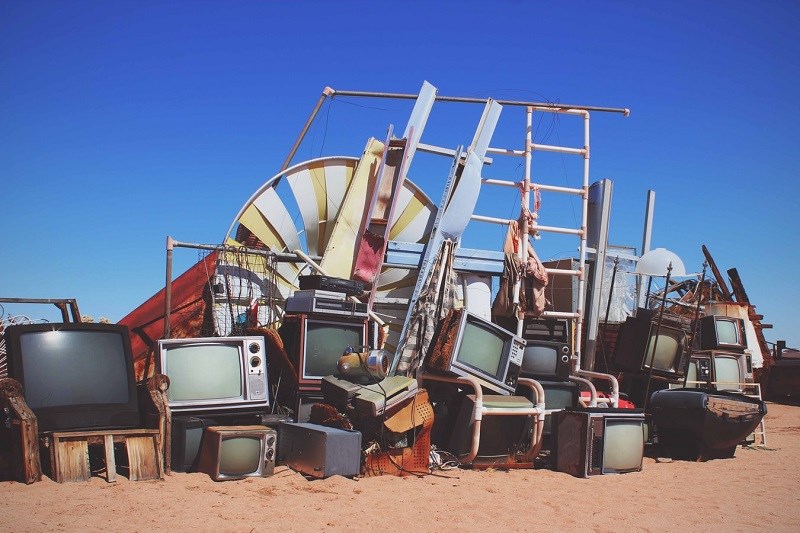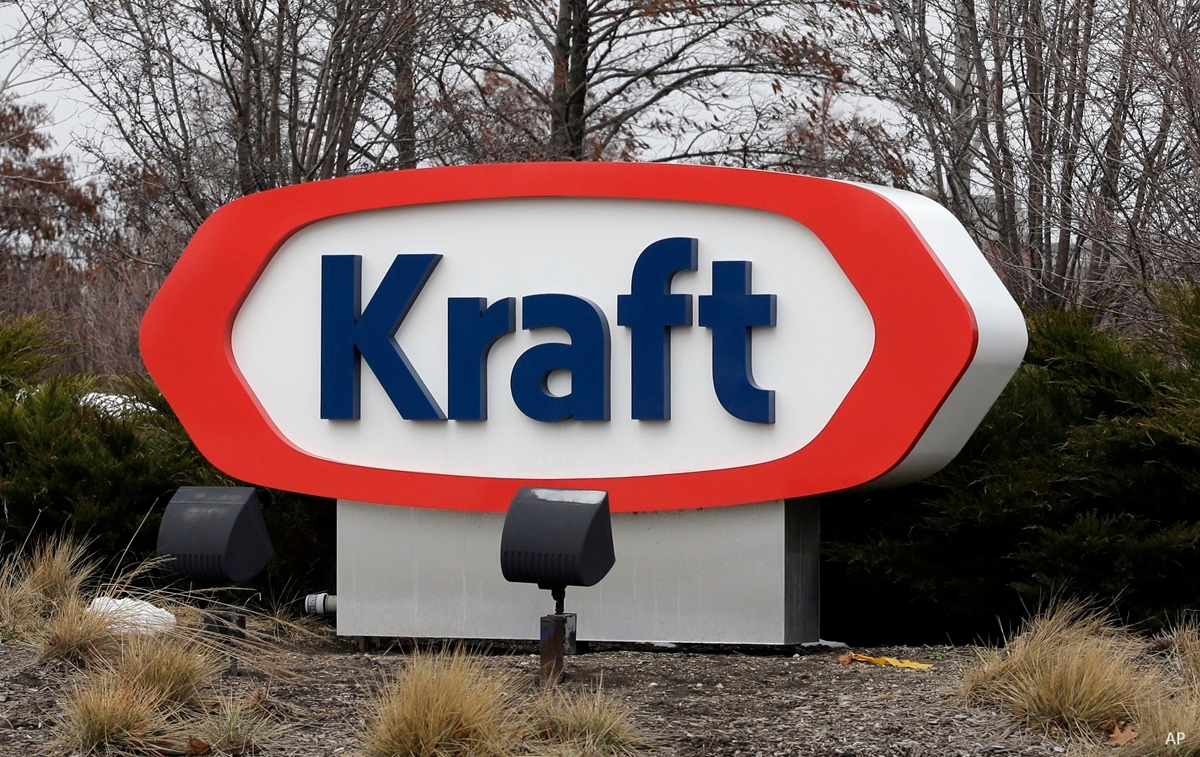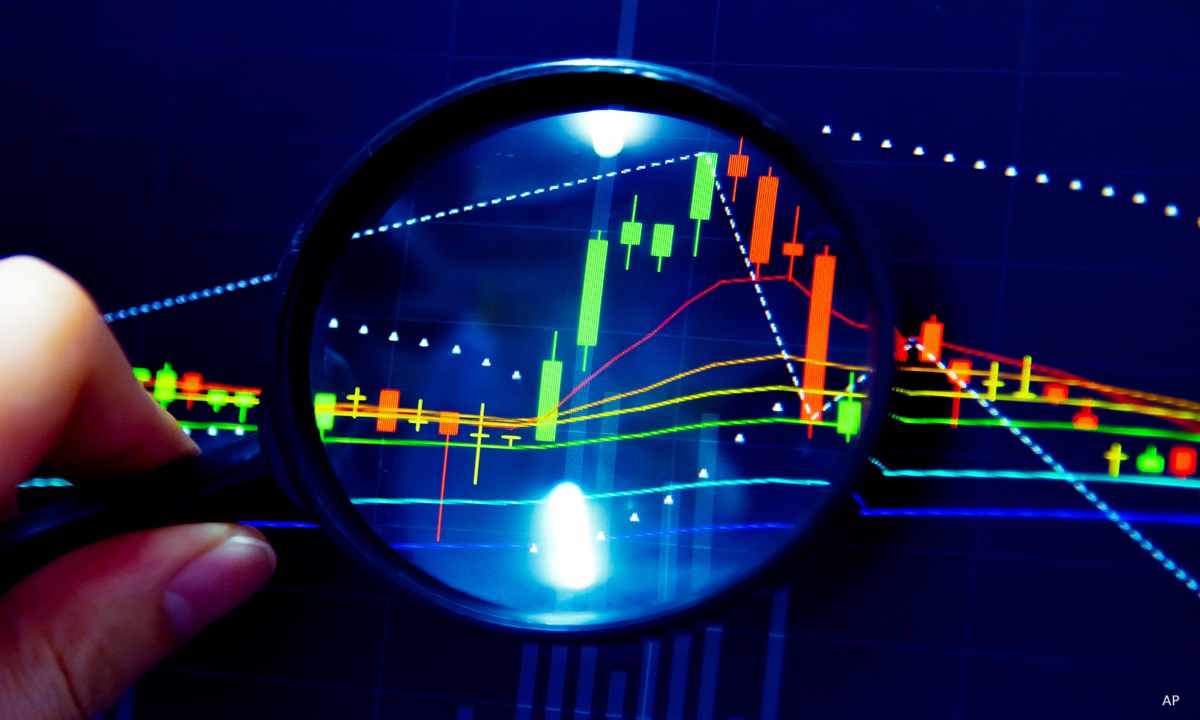
Much of Canada has been blessed wih slow and slippery commutes, as the first snows of the seasons mark the early arrival of another long winter. As every year, when temperatures fall things in the coffee industry start to heat up. In the first week of November, Coca-Cola fired the opening salvo with the launch of a caffeine-laced sparking water brand.
Leading brands have been making a strong push into the piping hot coffee market, the fastest growing segment of hot drinks. They are pouring billions into strategic acquisitions, global expansion, tie ups and new holiday products to grow coffee-driven revenue. Beverage giants and global coffee chains are jostling to guzzle up the biggest share of the coffee market and, in the process, are creating attractive investment opportunities for long-term investors.
The resilience of coffee business is steeped in millions of habitual drinkers who depend on the morning java infusion to kickstart their day. Coffee’s status as the beverage of choice for comfort and socializing helps the industry enjoy relative immunity from economic and health-centric trends. The following java juggernauts are betting big on the growing popularity of the morning pick-me-up, which creates a long runway of profitability, globally, but particularly in emerging markets which are just beginning to brew.
|
Restaurant Brands International Inc |
||
|
Ticker: |
QSR |
|
|
Current yield: |
3.04% |
|
|
Forward P/E: |
16.75 |
|
|
Price: |
US$66.04 |
|
|
Fair Value: |
US$72 |
|
|
Value: |
Fairly valued |
|
|
Moat: |
Narrow |
|
|
Moat Trend: |
Negative |
|
|
Star Rating: |
*** |
|
|
Data as of Nov 07, 2019 |
||
Restaurant Brands International (QSR) is the third-largest global quick-service restaurant chain holding company, which was created from the consolidation of Burger King, Tim Hortons, and Popeyes. The company generated US$32 billion in sales in 2018. The bulk of revenue comes from franchise royalties and distribution sales to franchisees. Worldwide, there are 18,000 Burger King locations, almost 4,900 Tim Hortons, and more than 3,200 Popeyes.
Tims accounts for nearly two-thirds of Restaurant Brands’s total revenue. The coffee chain, that sells eight out of every ten cups of coffee sold in Canada, as per NPD Group research, is undergoing a multiyear turnaround.
There are several ways that Tim Hortons can leverage its brand to drive greater unit-level productivity at its Canada locations, asserts a Morningstar equity report, adding that Tims “has seen some of the fastest adoption rates for a restaurant loyalty program."
As much as 20% of Canada’s population enrolled in the six weeks after the program’s launch, which “should drive transaction growth while creating opportunities to market new products,” says Morningstar sector strategist, R.J. Hottovy, who recently raised the stock’s fair value from US$70 to US$72.
RBI plans to roll out 1,500 Tim Hortons in China over the next decade. Similarly, it is partnering with local businesses to expand Burger King’s presence in Brazil, India, Russia and Thailand.
|
Starbucks Corp |
||
|
Ticker: |
SBUX |
|
|
Current yield: |
1.98% |
|
|
Forward P/E: |
27.25 |
|
|
Price: |
US$82.99 |
|
|
Fair Value: |
US$90 |
|
|
Value: |
Fairly valued |
|
|
Moat: |
Wide |
|
|
Moat Trend |
Positive |
|
|
Star Rating: |
*** |
|
|
Data as of Nov 07, 2019 |
||
Coffee behemoth Starbucks (SBUX) sells coffee, espresso, teas, cold blended beverages, food and accessories from 30,600 stores globally. The company also sells packaged and single-serve coffee, tea, juice and pastries. Starbucks markets bottled beverages, ice creams, and liqueurs through partnerships with Pepsi, Anheuser-Busch, and others.
While North America (69% of total revenue) accounts for the bulk of its revenue, the company’s international operations contribute significantly, especially the China/Asia-Pacific segment (20%).
“Despite uneven U.S. traffic trends, evolving competition in China, and an increase in substitute products, Starbucks is a compelling consumer growth story, poised for top-line growth and margin expansion through menu innovations, sustainable cost advantages, and evolution,” says a Morningstar equity report.
The wide-moat brewer’s sustainable competitive advantage flows from strong brand equity, bargaining clout with its suppliers, and a leverageable model that helps stave off rivals.
Starbucks is much more than a U.S. retail story, says Hottovy, noting that “many of Starbucks' competitive advantages also apply to international markets, which [could be] a critical growth engine over the next several decades.”
The coffee chain is just scratching the surface of geographic growth potential. It will eventually exceed its domestic store count overseas, led by China and India, representing potential for 20,000 and 1,000 units, respectively, over the next decade, says Hottovy, assigning the stock a US$90 fair value.
|
McDonald's Corp |
||
|
Ticker: |
MCD |
|
|
Current yield: |
2.57% |
|
|
Forward P/E: |
23.04 |
|
|
Price: |
US$192.85 |
|
|
Fair value: |
US$215 |
|
|
Value: |
Fairly valued |
|
|
Moat: |
Wide |
|
|
Moat Trend: |
Negative |
|
|
Star Rating: |
*** |
|
|
Data as of Nov 07, 2019 |
||
The burger giant McDonald's (MCD) generates revenue through company-owned restaurants, franchise royalties, and licensing pacts. Restaurants offer a value-priced menu through roughly 38,300 locations across 120 countries.
“With strong brand awareness, consistent customer experience, convenient locations, and a uniform value-priced menu with locally relevant options, McDonald's is among the few restaurant chains to enjoy success globally,” says a Morningstar equity report.
The company’s sustainable competitive advantage stems from brand strength, a franchisee system aligned on driving unit-level productivity improvements, economies of scale, and menu innovations. “These qualities were instrumental in helping McDonald's to build the largest restaurant chain in the world and resulted in leading market share in most countries in which it operates,” says Hottovy, who appraises the stock’s worth to be US$215.
The fast food chain’s improved global sales in recent times have been driven by recipe changes, incremental labour investments and training, and new technologies. Hottovy forecasts 4% systemwide sales growth during 2019, led by more than 750 new restaurant openings worldwide and 6% global comparable sales growth. “Over the next 10 years, we anticipate 5%-6% average annual systemwide sales growth, driven largely by international unit openings and average annual comparable sales growth,” he adds.
The Golden Arches generated US$96 billion in sales in 2018, representing almost 4% of the estimated US$2.5 trillion global restaurant industry.
|
Coca-Cola Co |
||
|
Ticker: |
KO |
|
|
Current yield: |
3.03% |
|
|
Forward P/E: |
23.47 |
|
|
Price: |
US$52.17 |
|
|
Fair value: |
US$54 |
|
|
Value: |
Fairly valued |
|
|
Moat: |
Wide |
|
|
Moat Trend: |
Stable |
|
|
Star Rating: |
*** |
|
|
Data as of Nov 07, 2019 |
||
The largest non-alcoholic beverage company in the world, Coca-Cola (KO) owns such ubiquitous brands as Coke, Fanta, and Sprite, as well as non-fizzy brands, including Minute Maid and Georgia Coffee. Coca-Cola also produces and markets iced coffee for Dunkin' and McDonald's, and recently waded into the hot-beverage market by acquiring U.K.’s leading coffee brand Costa Coffee, with plans to build a global coffee platform.
“[Costa] gives the firm exposure to the fast-growing hot beverage category while also allowing management to leverage the Coca-Cola system to expand the Costa brand into new ready-to-drink formats,” says a Morningstar equity report, forecasting “outsize growth, in the high single digits, for global ventures.”
Coca-Cola generates most of its revenue internationally where it enjoys strong growth prospects. “We estimate that Coke derives more than 40% of sales from developing or emerging economies with burgeoning middle classes and low per capita soft drink consumption,” says Morningstar equity analyst, Nicholas Johnson.
Cost advantage and intangible assets form a strong bulwark against competition. These attributes reinforce competitive positioning of Coca-Cola, whose “overarching goal is to put drinks in more hands in more places more quickly than any competitor,” says Johnson, who recently upped the stock’s fair value from US$53 to US$54, prompted by higher near-term growth assumptions.











:quality(80)/cloudfront-us-east-1.images.arcpublishing.com/morningstar/54RIEB5NTVG73FNGCTH6TGQMWU.png)










